Forgotten conflicts: the wars that go unnoticed
Across the world – and especially in Africa – war can rage on for years, ignored by all those who are not directly affected
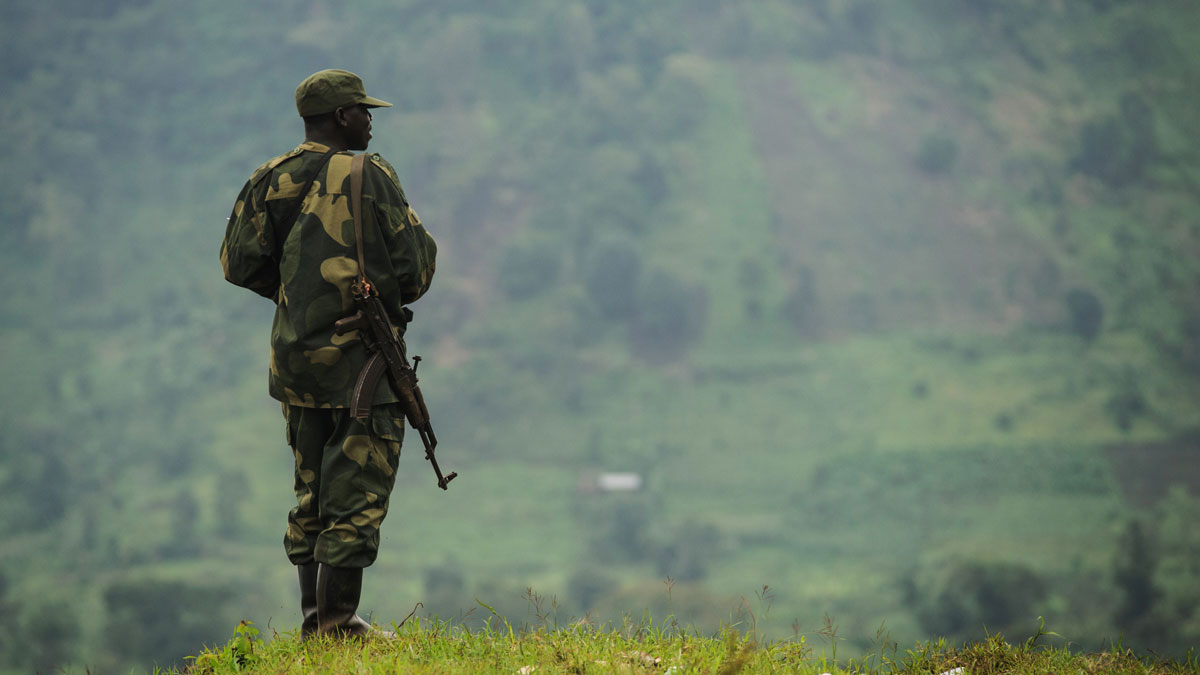
A free daily email with the biggest news stories of the day – and the best features from TheWeek.com
You are now subscribed
Your newsletter sign-up was successful
While headline-grabbing conflicts in Syria, Iraq and Libya dominate the international news agenda, many others escape our attention. These forgotten conflicts cause just as much suffering to those caught up in them but they rarely feature in the mainstream media.
Baloch nationalists, Pakistan
The Week
Escape your echo chamber. Get the facts behind the news, plus analysis from multiple perspectives.

Sign up for The Week's Free Newsletters
From our morning news briefing to a weekly Good News Newsletter, get the best of The Week delivered directly to your inbox.
From our morning news briefing to a weekly Good News Newsletter, get the best of The Week delivered directly to your inbox.
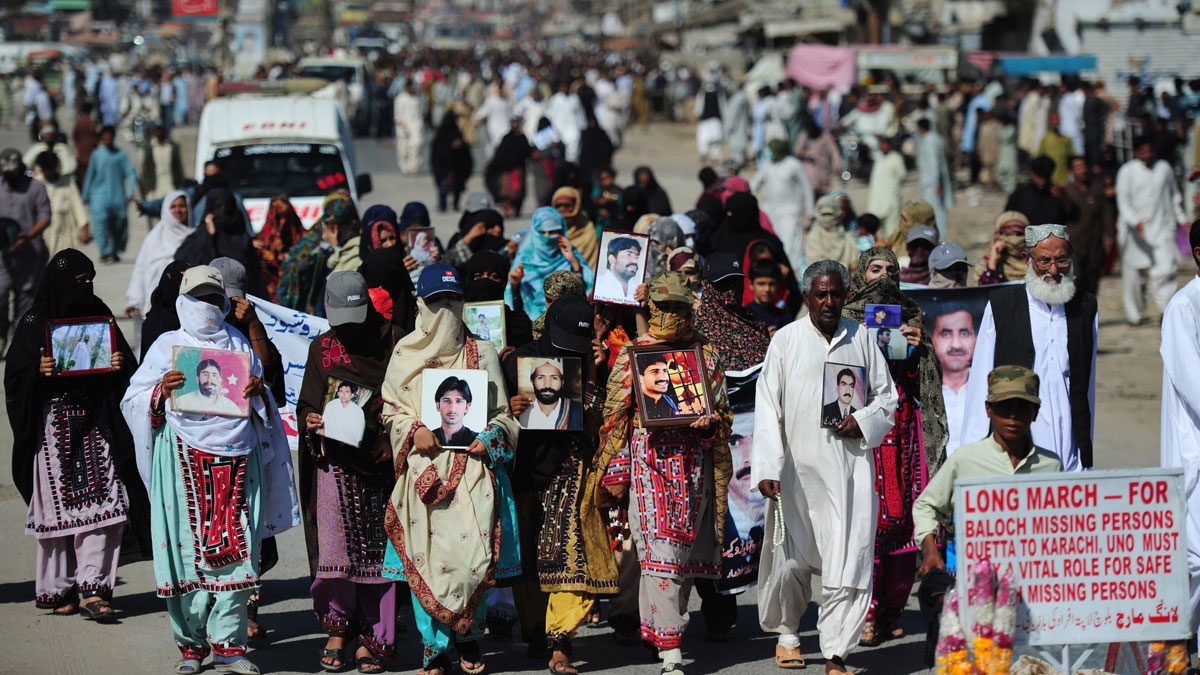
Balochi protesters carry pictures of missing family members they say have been killed or captured by Pakistani security services (Asif Hassan/Getty)
The Balochistan Conflict, fought between the Balochi Liberation Army (BLA), who are seeking independence for their region, and the Pakistani government, has been raging on and off for decades, though the most recent round of fighting was ignited in 2004 and is still ongoing. According to the humanitarian watchdog IRIN, this has resulted in more than 3,000 deaths, and untold disappearances. A 2012 report in The Economist said that bodies bearing the marks of torture, and of having been beaten, burnt and mutilated, were being left on roadsides as part of a campaign of terror. Pakistani security forces denied any connection to the killings, while the BLA did not respond.
Mai Mai uprising, Democratic Republic of the Congo
A free daily email with the biggest news stories of the day – and the best features from TheWeek.com
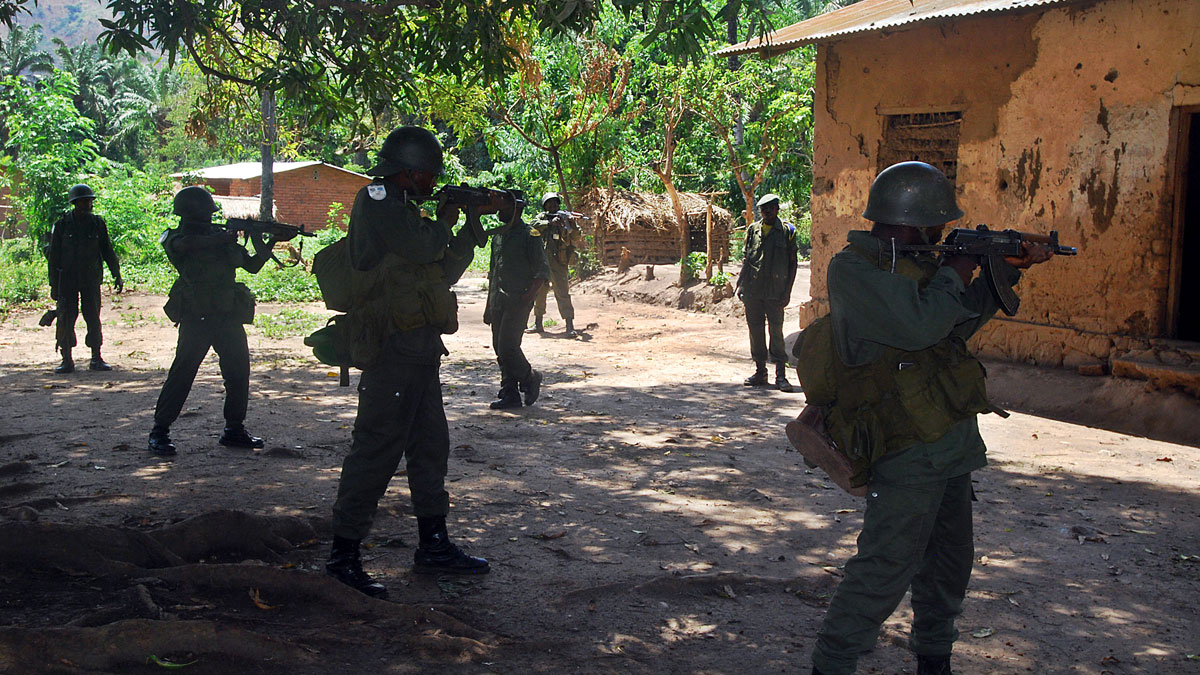
Congolese soldiers surround a house believed to contain Mai Mai rebels in 2009 (AFP/Stringer)
In a country as riven by war as the DRC, it is important to be specific – this entry concerns the Mai Mai rebel uprising in the DRC's Katanga state. Fighting continues between government forces and separatists, as the former seek to locate and arrest Ntabo Ntaberi Sheka – the militia commander – for crimes against humanity. In January this year, Human Rights Watch reported that rebel forces had killed at least 70 civilians, and perpetrated untold incidents of rape and torture. The rebels also continue to 'recruit' child soldiers. Parents who seek their children's release are often savagely beaten; attempted escapees are executed.
Naxalite-Maoist insurgency, India
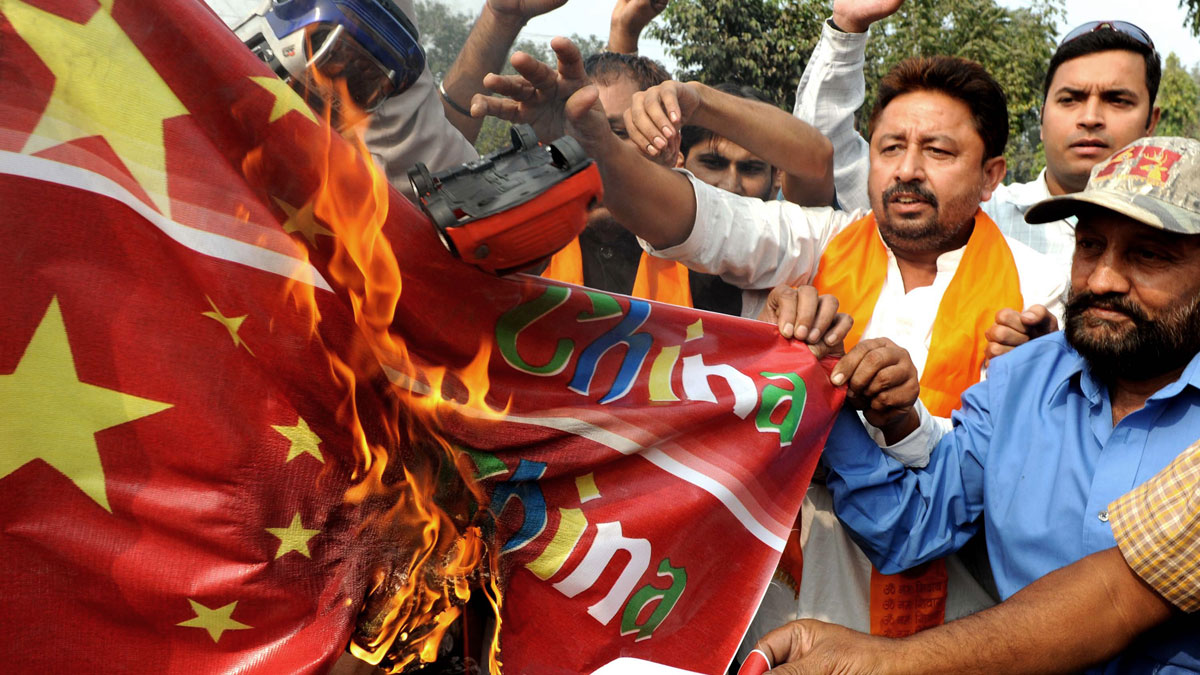
Hindu nationalists protest against perceived Chinese support for Naxalite rebels (Narinder Nanu/AFP)
In India, tension in Kashmir receives international attention whenever it spills over into violence, but fighting between Maoist Naxalite groups and the Indian government has been going on since the 1980s. The Naxalites are a group of radical communists who support Maoist political ideology, and Indian media have previously accused China of supporting their armed representatives, the Naxalite People's Liberation Army (PLA). At least 10,000 deaths have resulted from the conflict, as well as hundreds of thousands of displacements. As the Indian government approves military crackdowns against suspected Naxalites, innocent citizens have found themselves increasingly caught up in the fighting. Incidents of torture and rape committed "by men in uniform" have also been reported.
Sinai Peninsula conflict, Egypt

Egyptian soldiers guard the bodies of security personnel killed in the northern Sinai in January (Mohamed El-Shahed/AFP)
While Egypt has remained in the public eye due to government crackdowns in Cairo and other cities, the Sinai Peninsula conflict – fought between the Egyptian government and Islamic State-affiliated jihadists – is less well publicised. The American magazine Foreign Policy reported that clashes in July resulted in the deaths of some 123 militants and 17 Egyptian soldiers. According to IRIN, fighting in the region, which began during the 2011 revolution that formed part of the Arab Spring, has also involved Bedouin militants. Global Risk Insights has said that continued fighting will have a negative effect on Egypt's tourism, energy and shipping industries.
The Ogaden Insurgency, Ethiopia
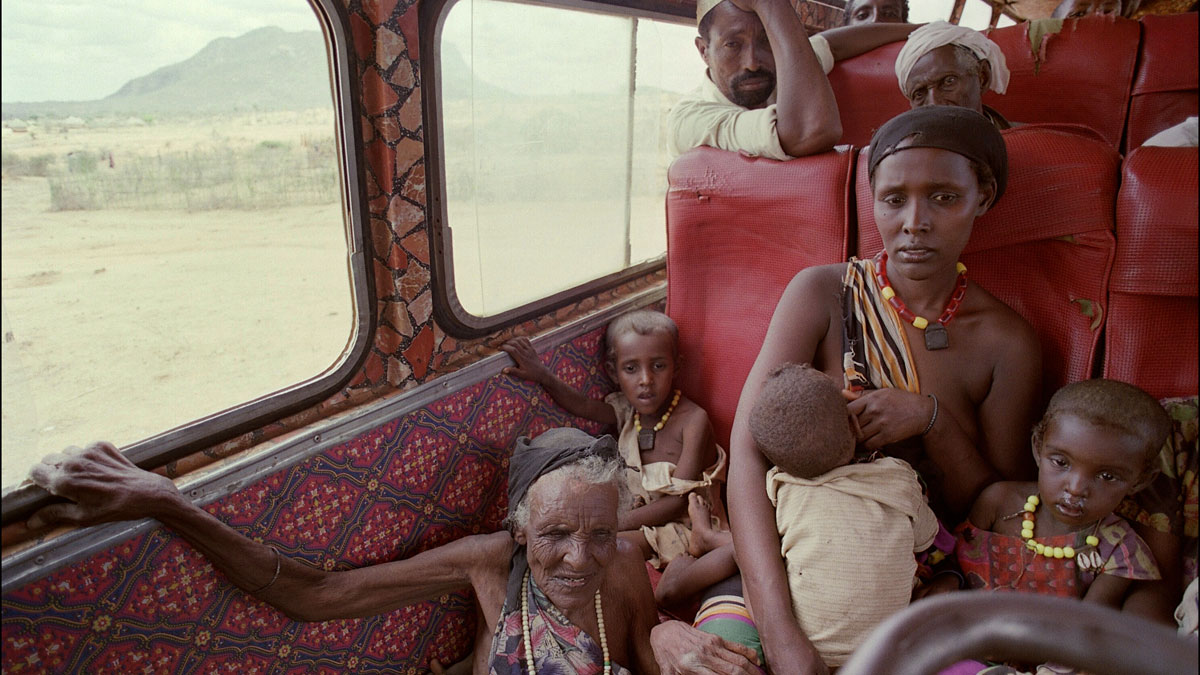
A family cross the Ethiopian border in 1992, having fled fighting in Ogaden (Alexander Joe/AFP)
The Ogaden Insurgency is a conflict fought between The Ogaden National Liberation Front (ONLF) and the Ethiopian government. It started in 1994, almost two decades after the Somali-Ethio Ogaden War (to which the current struggles are linked) concluded. The ONLF, representing Ethiopian Somalis, is fighting for independence from the national government in Addis Ababa. Both sides have been accused of committing serious human rights abuses. Vice News reported that Ethiopian military personal are often accused of brutalising the Ogaden region's ethnic Somali citizens, and that, despite these abuses, the government is still receiving millions of dollars in aid from the US.
-
 Ex-South Korean leader gets life sentence for insurrection
Ex-South Korean leader gets life sentence for insurrectionSpeed Read South Korean President Yoon Suk Yeol was sentenced to life in prison over his declaration of martial law in 2024
-
 At least 8 dead in California’s deadliest avalanche
At least 8 dead in California’s deadliest avalancheSpeed Read The avalanche near Lake Tahoe was the deadliest in modern California history and the worst in the US since 1981
-
 Political cartoons for February 19
Political cartoons for February 19Cartoons Thursday’s political cartoons include a suspicious package, a piece of the cake, and more
-
 Epstein files topple law CEO, roil UK government
Epstein files topple law CEO, roil UK governmentSpeed Read Peter Mandelson, Britain’s former ambassador to the US, is caught up in the scandal
-
 Iran and US prepare to meet after skirmishes
Iran and US prepare to meet after skirmishesSpeed Read The incident comes amid heightened tensions in the Middle East
-
 EU and India clinch trade pact amid US tariff war
EU and India clinch trade pact amid US tariff warSpeed Read The agreement will slash tariffs on most goods over the next decade
-
 Israel retrieves final hostage’s body from Gaza
Israel retrieves final hostage’s body from GazaSpeed Read The 24-year-old police officer was killed during the initial Hamas attack
-
 China’s Xi targets top general in growing purge
China’s Xi targets top general in growing purgeSpeed Read Zhang Youxia is being investigated over ‘grave violations’ of the law
-
 Panama and Canada are negotiating over a crucial copper mine
Panama and Canada are negotiating over a crucial copper mineIn the Spotlight Panama is set to make a final decision on the mine this summer
-
 Why Greenland’s natural resources are nearly impossible to mine
Why Greenland’s natural resources are nearly impossible to mineThe Explainer The country’s natural landscape makes the task extremely difficult
-
 Iran cuts internet as protests escalate
Iran cuts internet as protests escalateSpeed Reada Government buildings across the country have been set on fire